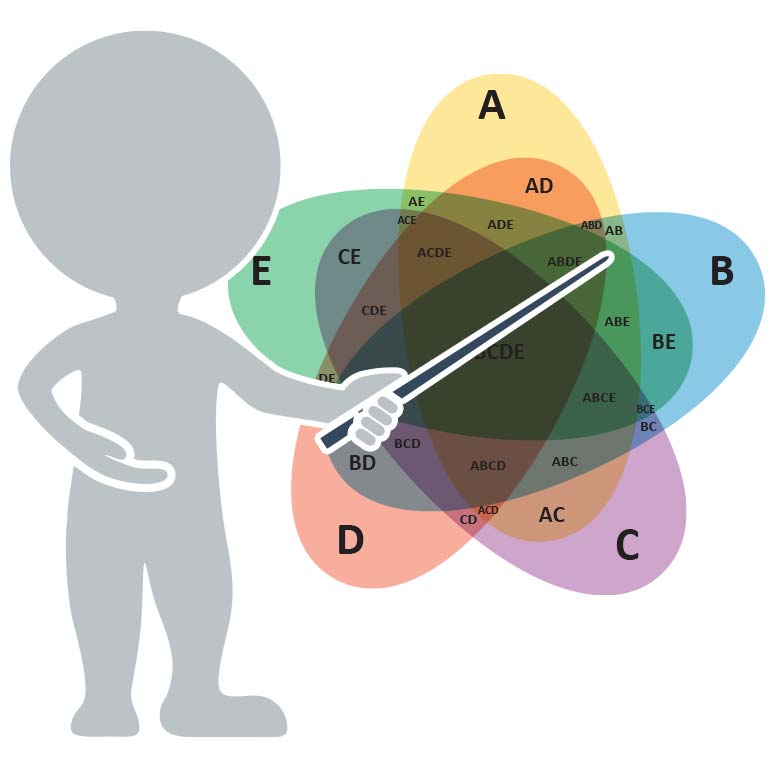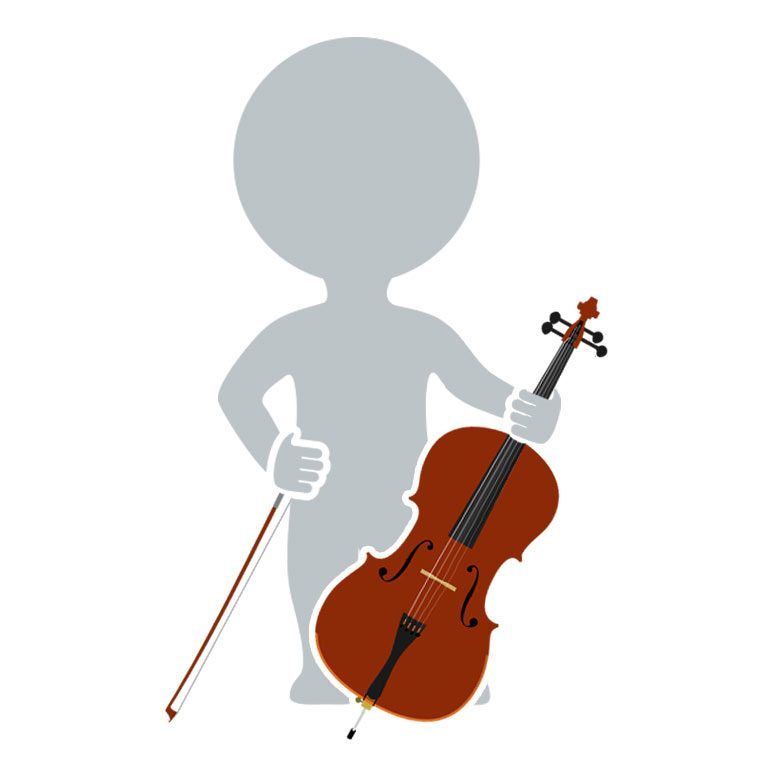Given the fact that the Columbus Symphony Orchestra is currently considering drastic cuts to the organization’s budget and numbers of full time musicians, it is poignant to hear about how the orchestra’s Music Director, Junichi Hirokami, feels about the musicians and the musical product they produce. It also provides some insight as to why he has publicly stated that any downsizing of the orchestra would be ‘catastrophic’. By chance Hirokami had a business meeting with Mr. Tamotsu Shinotsuka, the Consul General of Japan from Detroit, on the same day the Columbus Symphony board of director’s announced a proposed 25 percent budget reduction. The following is a transcription of Hirokami’s description of what an orchestra is and how the musicians and conductor function within that environment…
Please keep in mind that since the conversation was in Japanese and
the transcription was translated from Japanese to English by a member
of the orchestra committee:
Junichi Hirokami [described] the orchestra [as] a great
restaurant. [He said] a lot of people think that the conductor is a
chef and the orchestra musicians are the ingredients…of the dishes.
[He] disagreed. When people talk about arts, they try to find a
similarity between music performance and painting, sculpture, and
literature. But [Hirokami] thinks playing music and cooking has much
more in common than other arts.[Hirokami said] playing
orchestra music is like cooking a dish in a restaurant. Both need a lot
of different work and preparations. Both, music and cooking, need time
to prepare and cannot make a short cut. The sound from the orchestra
will be lost in the air after it leaves from the instruments and you
cannot retrieve it. When you taste the food in your mouth, that is it
and it will be gone forever. Both has to be received with sitting on
your chair and take time to enjoy. Both arts cannot repeat it again
exactly the same way. Every time you experience it, it is different.The orchestra consists of many individual chefs, [each one
an] expert instrumentalist. Each musician is like [a chef specializing
in] Italian, French, Chinese, Japanese, etc. cuisine. Some are
specialists at making great sauce some are good with soup, bread, Sushi
making, fine cutting, chopping, etc. The chef uses the recipe which is
the musical score for the orchestra playing. [Even though] the same
chef cooks using the same recipe, the outcome is always different. It
cannot be the absolutely the same [with each rendition]. Sometime, the
chef wants more salt because he is thirsty or just he feels like it.
[Other times he/she wants] more spice, less vinegar, etc. Since you
cannot have exactly the same materials…the outcome will be different.
Each musician is the chef. That is why every performance is not exactly
the same.What is [a recording], then? [A recording] is like a
cup-noodle. You pour hot water and wait three minutes. Every time you
make a cup-noodle, it is the same taste. I am not saying that
cup-noodle is bad. Sometime, you want to eat cup-noodle. It is OK, but
the live performance is better and real cooked food is better, too.Then what is the conductor? [Hirokami’s] thinking is that the conductor
is like the owner of the restaurant. The owner thinks "Well, today I am
going to arrange such and such dishes to make the customer happy." The
conductor just cuts the air and doesn’t make any sound whatsoever. He
is not the chef. Musicians are not the parts of a big machine or
ingredients of the dish. They are not nuts nor potatoes nor carrots.
They have been studying for decades and decades to master the
instruments. If the conductor doesn’t have total respect for the
musicians, he has no right to stand on the podium in front of them. [Hirokami]
really does respect the musicians and this is the first thing he teaches [his university] conducting students.
Although each conductor has his/her own personal way of
communicating what an orchestra is to patrons, board members, and
potential donors, the translation of Junichi Hirokami’s description
provides a unique behind-the-scenes peek into how some music directors
perceive musicians and the orchestra as a whole.



Junichi Hirokami is the greatest thing that has happened to the Columbus cultural scene in a while. It would be a major faux-pas for this town to diminish one of its main artistic institutions, especially at a time when a conductor of his caliber joined in.